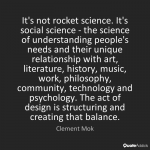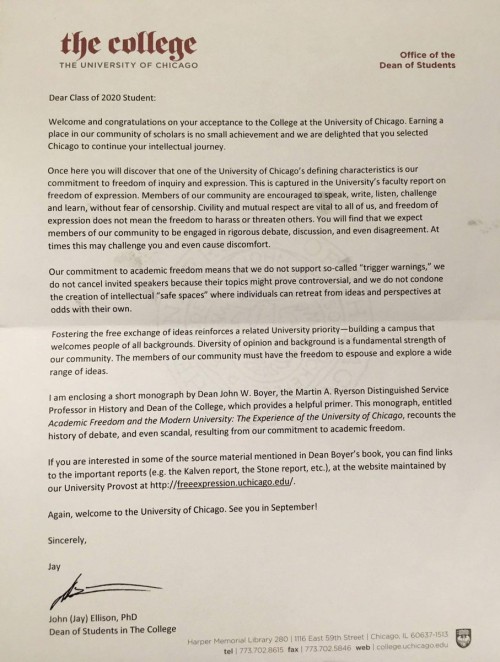Look at the previous thread, which is primarily about unconscious bias and subtly pernicious effects of racism. Buried in the middle of it are two paragraphs about the Ellen/Usain Bolt controversy, because my accuser made a big deal about it, and because I swear half my email right now is all about defending Ellen Degeneres.
Then read the comments. Most of them are about Ellen, Ellen, Ellen. She’s not racist, people insist! That photo had no racist implications! I know a black person who was not offended by it!
I even pointed out the weird inappropriateness of this obsession about Ellen in the thread. No one cares. Everyone keeps arguing about Ellen. I’m going to have to call this Ellen’s Rule: any thread about racism will become all about defending white people from accusations of racism.
So here, this is just for you. The only topic allowed in this post is Ellen. Talk all you want about Ellen. Get it out of your system. Please purge yourself completely. I kind of like Ellen myself, but she is not the central figure in American racism at all.








